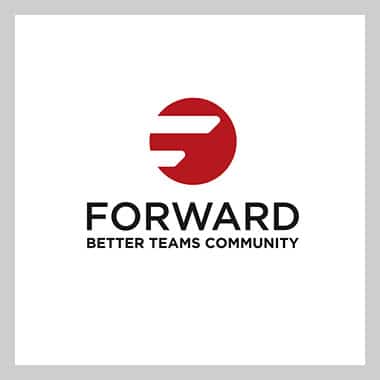Guest Blogger: Gayle Ely, MBA PCC
The #1 reason team members don’t trust leaders is because leaders don’t trust them.
That’s what Steven M.R. Covey, the author of “The Speed of Trust”, has learned from working with hundreds of teams and organizations.
You might say to yourself, “But I do trust my team.” The question is, are you and your organization reaping the “trust dividends”? Are those you lead working seamlessly together? Or do they get sidetracked by disagreements and lack of direction?
Trust is something that must be continually nurtured. If you’re not sure how to start, read on to discover a Surprisingly Small Step you can take to build trust.
When I was a leader in a public sector organization, I use to believe that I could build a high-performing team from a distance. What do I mean by that?
I mean that on an unconscious level, I operated from the perspective that I could successfully lead without developing personal relationships with those I led. I’m not talking about becoming buddies who hang out together after work. I’m talking about relationships in which we learn enough about each other to spark and fan the flames of human connection.
This became clear to me when I was presenting to a group in the organization. During that presentation, I shared a bit of personal information about myself. Afterwards, one person sought me out and thanked me for sharing. It was as if a thirst had been quenched.
Looking back, I realize now that sharing that tidbit represented an act of trust for her. She, in essence, was thanking me for trusting her with my personal information.
In business relationship circles, it’s often said that people do business with people they Know, Like, and Trust. The same can be said for people and teams in organizations. And it’s particularly crucial in these challenging times.
In the book, The Five Dysfunctions of a Team, Patrick Lencioni, says that trust lies at the heart of a functioning, cohesive team. He describes high trust teams as those who are “comfortable being vulnerable with one another.”
Building high trust with people, teams and organizations starts gradually with people getting to know each other. And you, as the leader, must go first.
I’m not talking about a confessional data dump. I’m talking about starting with something simple and non-sensitive. Something like sharing where you grew up. And then encouraging others to do the same. It’s these small, seemingly inconsequential conversations that begin the trust-building process.
One simple way to facilitate this process is to start each team meeting or 1-on-1 conversation with a question designed to learn more about each other.
Ask questions such as:
- Where did you grow up?
- What’s your sibling position?
- What’s your favorite childhood memory?
- What’s something I don’t know about you?
- What’s important in your life right now?
If this is something you haven’t been doing as a leader, it may feel awkward to share personal information and ask others to do the same. My suggestion is to start by talking about trust in general. What makes trust important to you? To the team? Then introduce the idea of building time into your meetings to learn about each other. This is one way to nurture the deeper connections that form the fabric of trust.
What makes trust so important to organizations? Covey says, “trust drives economic results by impacting the speed and cost at which business gets done.” In other words, trust shows up in the numbers.
Bottom line: The ROI of trust building is always positive for both teams and their organizations.
About the Author
Gayle Ely is a Leadership coach, trainer and facilitator who believes Passionate Leadership can change the world. She works with leaders who apply their passion for both what they do and who they lead to create maximum impact. You can explore what’s getting in the way of passion in your leadership by scheduling an exploratory conversation with Gayle. There is no cost and lots of value. https://www.total-life-leadership.com/contact

